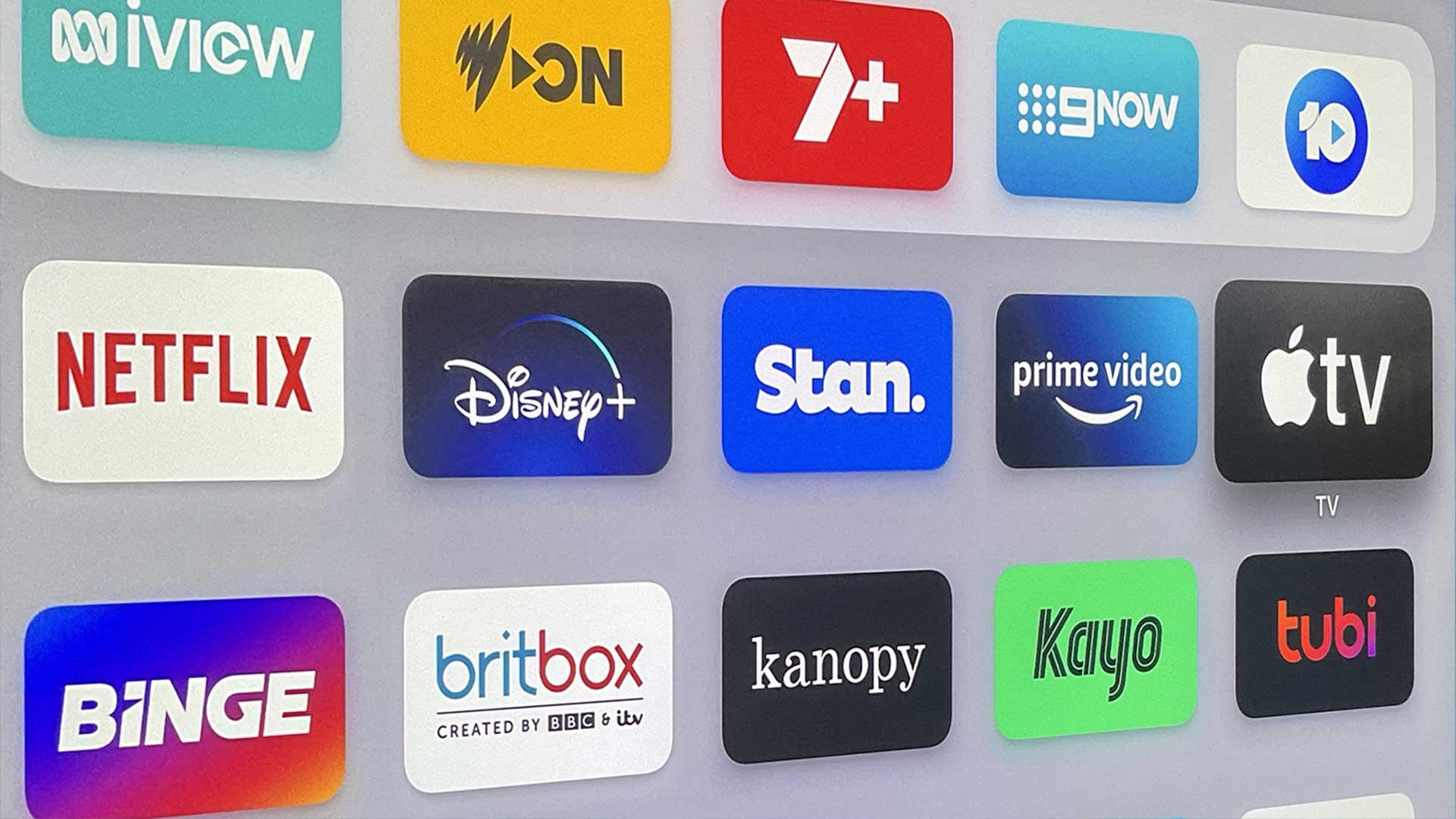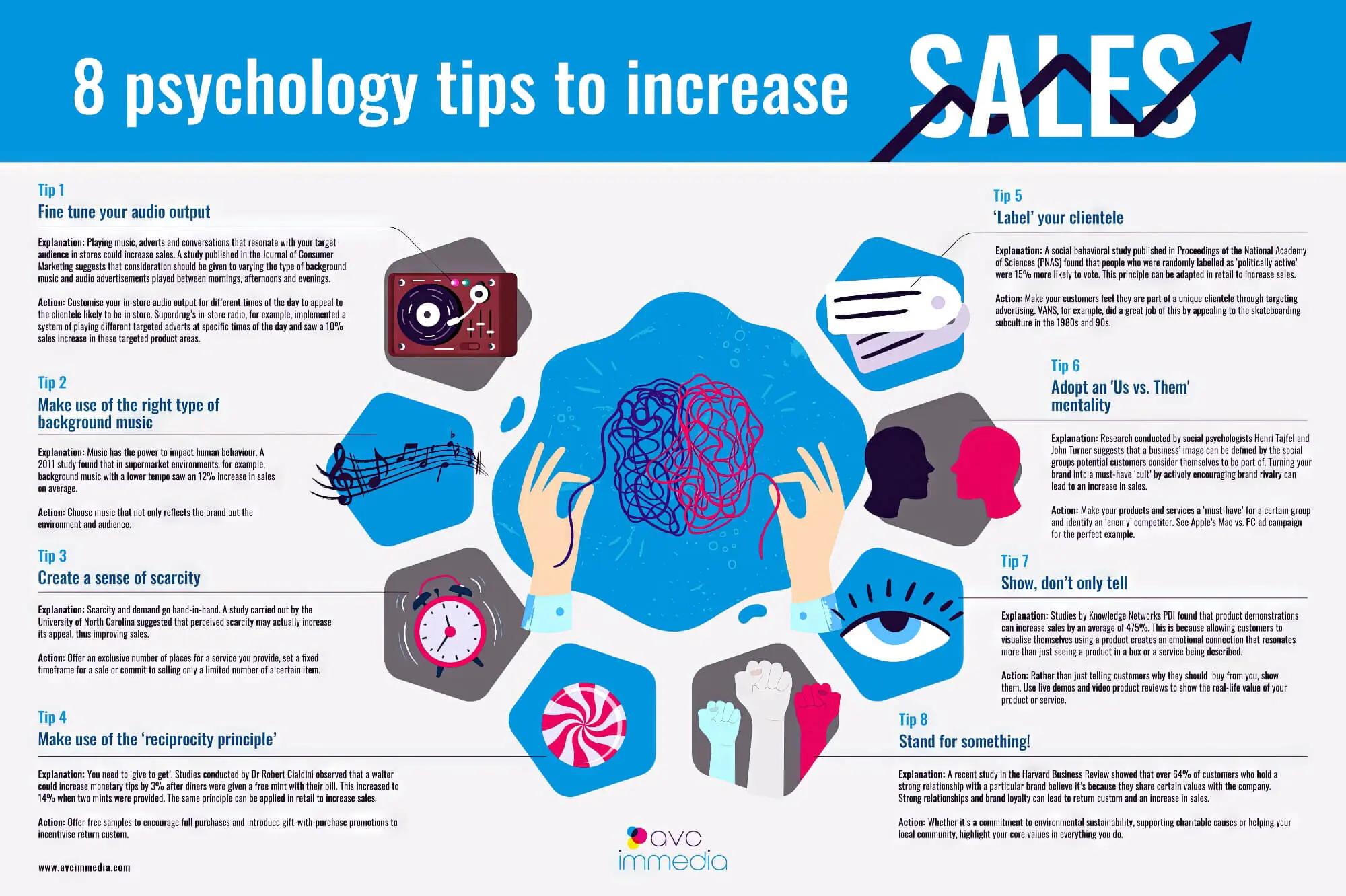In recent years, streaming services have revolutionized the way we consume media, offering unprecedented access to a vast array of content at our fingertips. As competition intensifies, these platforms frequently employ promotional deals to entice new subscribers and retain existing ones. However, beneath the allure of discounted rates and free trials lies a potential pitfall: the risk of becoming ensnared in long-term contracts. This article delves into the strategies employed by streaming services, examines the implications for consumer autonomy, and explores whether these promotional tactics ultimately benefit or hinder the modern viewer.
Understanding the Appeal of Promotional Deals on Streaming Services
Promotional deals on streaming services captivate consumers with their enticing offers, often providing a taste of premium content at a fraction of the regular price. These deals are strategically designed to attract new subscribers and increase market share. The appeal lies in several factors:
- Cost Savings: Initial discounts or free trial periods can make premium services accessible, allowing consumers to explore extensive libraries without a significant financial commitment.
- Exclusive Content: Offers often highlight exclusive shows or movies, creating a sense of urgency to subscribe and experience what everyone is talking about.
- Flexibility: Some deals promise the ability to cancel anytime, providing a perceived safety net that encourages sign-up.
However, the allure of these promotions can sometimes mask potential downsides. The transition from a promotional period to regular pricing can lead to unexpected expenses. Additionally, the ease of access to a wide array of content may result in a habit that becomes difficult to break, even as prices increase. Understanding these dynamics is crucial for consumers to make informed decisions and avoid long-term commitments that may not align with their initial intentions.

Examining the Fine Print: Long-Term Implications for Consumers
Promotional deals on streaming services often come with enticing offers, such as low introductory rates or free trials. However, these deals can include complex terms that might not be immediately apparent to consumers. Automatic renewal clauses are a common feature, where the service continues billing at a standard rate once the promotional period ends. This can lead to unexpected charges if users are not vigilant about cancellation deadlines.
- Price Increases: Initial low rates can rise significantly, leaving consumers locked into higher fees.
- Early Termination Fees: Exiting a contract early might incur penalties, discouraging users from switching services.
- Bundled Services: Promotions may bundle additional services, complicating cancellation processes.
Understanding these long-term implications is crucial. While the allure of immediate savings is strong, consumers should carefully review the terms and conditions to avoid potential pitfalls.

Analyzing the Psychological Triggers Behind Subscription Traps
The allure of promotional deals in streaming services often taps into deep-seated psychological triggers that can lead consumers into long-term commitments. Scarcity and urgency are powerful motivators; limited-time offers create a sense of urgency, prompting consumers to act quickly before the opportunity vanishes. This pressure often bypasses rational decision-making, leading to impulsive sign-ups.
Additionally, the sunk cost fallacy plays a significant role. Once consumers invest time and money into a service, they may feel compelled to continue, believing they need to “get their money’s worth.” Other psychological triggers include:
– Fear of Missing Out (FOMO): The anxiety of missing exclusive content or deals.
– Convenience Bias: The ease of auto-renewals can make cancellations feel cumbersome.
– Social Proof: Seeing friends and family using a service can reinforce the decision to stay subscribed.
These factors combined can effectively trap consumers, making it challenging to break free from long-term contracts despite initial intentions of a short-term trial.

Strategies for Consumers to Avoid Unintended Long-Term Commitments
When navigating promotional deals on streaming services, consumers can employ several strategies to safeguard against unexpected long-term commitments. Carefully reviewing terms and conditions is crucial. Often, enticing offers come with fine print that outlines auto-renewals or price hikes after the promotional period ends. Make sure to note any cancellation policies and deadlines to avoid unintentional extensions.
Another effective approach is to set reminders. Use digital calendars or apps to alert you before the end of a promotional period. This provides ample time to assess whether the service continues to meet your needs or if it’s time to cancel. Additionally, consider using temporary payment methods like virtual credit cards, which can be set to expire at the end of a trial period, thus preventing automatic renewals. These proactive measures can help maintain control over your streaming subscriptions and avoid unforeseen financial commitments.



